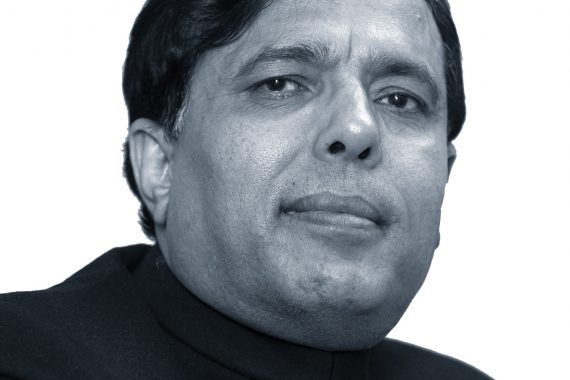Bill Gates once told his TED Talk audience: ‘When I was a kid, the disaster we worried about most was a nuclear war’.
But today he says: ‘If anything kills over ten million people in the next few decades, it’s most likely to be a highly infectious virus, rather than a war. Not missiles, but microbes.’
The world has been in grip of anxiety since the outbreak of coronavirus, with the World Health Organisation declaring it an ‘emergency in China’, and the virus having now been detected in Thailand, Vietnam, Singapore, Japan, South Korea, Taiwan, Nepal, France, the US, Australia and Malaysia.
According to experts, it’s no longer a question of ‘if’ it arrives in the UK – it’s a question of ‘when’.
Just yesterday, Dr Yvonne Doyle, director of health protection at Public Health England (PHE), warned that she expects it to already be here; Border Force teams are trying to trace 2,000 people who have recently flown from Wuhan to the UK; and PHE has issued guidance to GPs on if their patients present with the symptoms.
As we saw in 2002, when SARS spread to 30 countries, killing 916 people, coronaviruses – which take their name from the menacing, crown-like protein spikes on their surface – are no laughing matter. In the absence of a vaccine or a treatment, this makes the Wuhan-born virus a scary prospect, and one we GPs in the UK ought to take seriously.
If one goes by the past experience of epidemics, whether SARS, AIDS or bird flu, the NHS will cope
The consequences of a major coronavirus outbreak would be world-changing. In 1918, a flu pandemic killed 50 million to 100 million people – at the top end, more than the combined total casualties of both World Wars – and for a slew of reasons, humans are arguably more vulnerable today than they were 100 years ago.
Health secretary Matt Hancock tweeted: ‘We are continuing to monitor the Wuhan coronavirus closely and are taking all necessary steps to protect the public We have completed 31 precautionary tests and there are no confirmed cases in the UK. The NHS remains well prepared and well equipped to deal with all eventualities’.
Is he right? Perhaps.
Because if one goes by the past experience of epidemics, whether SARS, AIDS or bird flu, the NHS will cope. We survived because the NHS family works and coordinates with other organisations and practitioners in the fields of public health and primary and secondary care.
It’s now widely acknowledged that the NHS is under tremendous pressure. As social services for home helps and other care funding has fallen by 11% in five years, this has resulted in serious bed blocking, with more than 2,500 hospital beds a day taken up by patients whose release has been delayed due to problems in the social care system.
GPs are seeing more patients than ever – an increase of 15.4% since 2010-11, with more than 350 million consultations every year – but access to appointments is still problematic for many.
However, despite huge workloads, I’m sure GPs won’t shirk their responsibilities to deal with any emergency thrown at them, should coronavirus hit British shores.
Dr Kailash Chand OBE is a retired GP in Tameside
Pulse October survey
Take our July 2025 survey to potentially win £1.000 worth of tokens












